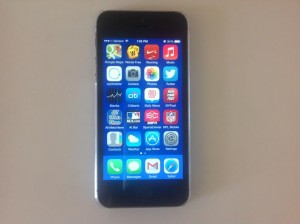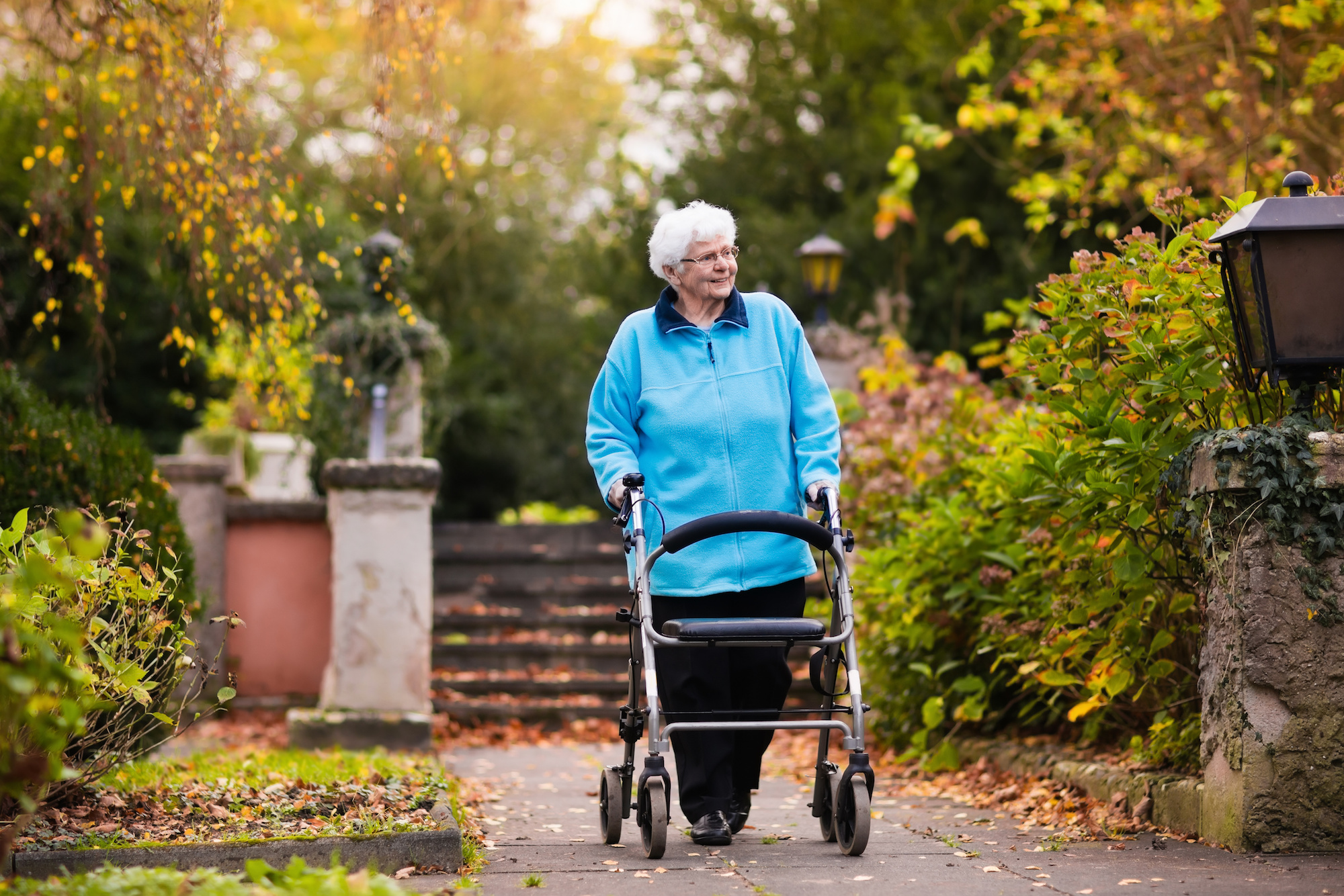Saving Lives: Senior Alert Systems
 More and more modern American seniors are choosing to live independently. This means staying in your own home and managing your own day-to-day activities. But, many seniors face physical and medical challenges that affects the ability to maintain a healthy, independent lifestyle. Medical alert systems — also commonly known as senior alert systems — help millions of older Americans stay safe, and get immediate help in emergency situations.
More and more modern American seniors are choosing to live independently. This means staying in your own home and managing your own day-to-day activities. But, many seniors face physical and medical challenges that affects the ability to maintain a healthy, independent lifestyle. Medical alert systems — also commonly known as senior alert systems — help millions of older Americans stay safe, and get immediate help in emergency situations.
Different Types of Senior Alert Systems
We all remember the old commercial: an elderly woman lying on the floor calling out, “Help! I’ve fallen and can’t get up.” Devices that involve a person pushing a button to signal for help have been around since the 1970s. Today’s senior alert systems are much more sophisticated, high-tech devices with a wide range of benefits and features. However, the basic concept has remained the same. A person in need of assistance signals a call center that dispatches emergency medical services. This service is provided for a monthly fee. Modern devices are available in many different forms. The most common types of senior alert systems devices are:
- Bracelets
- Pendants
- Necklaces
- Clip-on products
- Smartphone apps
Senior Alert System Features
Not all devices have the same features. Some systems include GPS locators or motion sensors that can detect when a device wearer suffers a fall. Here are the main features you will find in most medical alert system devices:
- Wearability: the best device for you is the one that best fits your lifestyle. Many seniors choose medical alert wristbands or bracelets for comfort, accessibility, and ease of use.
- Wide range: an independent lifestyle means that modern seniors are out and about more. Be sure to choose a medical alert system with a large enough range from device to base station to meet your lifestyle choices.
- 24/7 call center: top medical alert services have 24-hour call center monitoring staffed by trained emergency operators.
- Fall detection: Newer, advanced medical alert systems provide motion sensor technology. In emergency situations where an elderly user has suffered a fall, this feature can be lifesaving. A serious fall can leave a person unconscious or incapable of communicating.
- Location technology: with more seniors living active lives, medical alert systems featuring GPS technology are in demand. GPS uses satellite technology to ensure users in trouble receive prompt medical attention wherever they may be.
Medical Alert Systems are Saving Lives
For aging individuals, a medical alert system is a powerful tool for maintaining an independent lifestyle. A medical alert system is a safety net that allows seniors access to emergency services anytime, day or night. While a medical alert system can save your life during emergency medical situations such as a heart attack or serious fall, these devices can be lifesavers. A medical alert pendant or bracelet can help in the following dire situations:
- Fires
- Home invasion/robbery
- Gas leaks
- Earthquakes
- Falls
- Wandering
A medical alert system can eliminate minutes or even hours of pain and suffering. In many emergency situations, the time it takes for a senior to receive medical attention means the difference between life and death.



